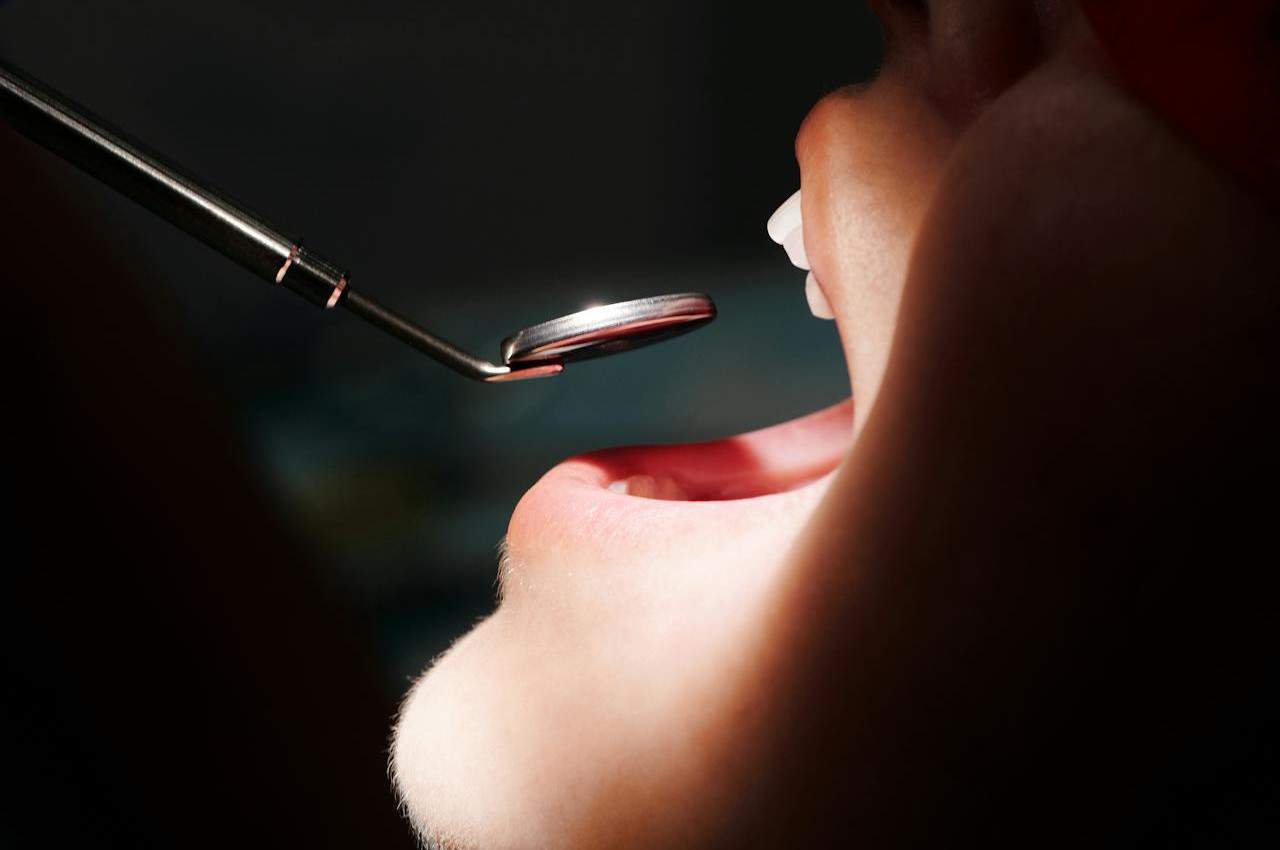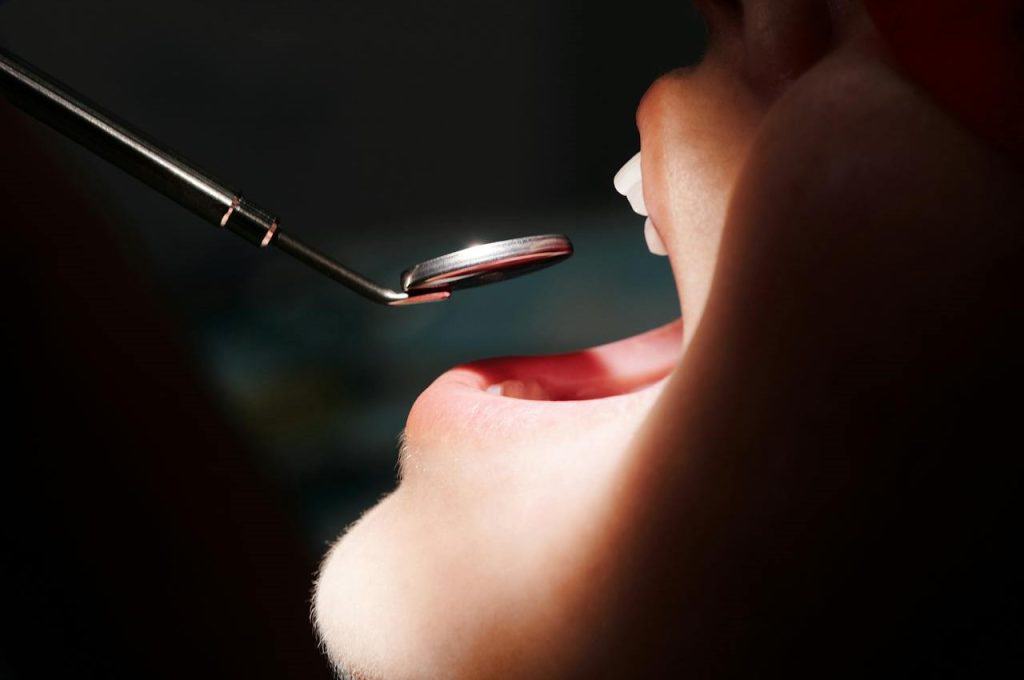Just as you wouldn't skip a car service and risk breaking down on the winding…

Signs Your Wisdom Teeth Need a Professional Evaluation
Wisdom teeth, the last set of molars to emerge, typically make their appearance between the ages of 17 and 25. While they help you chew, speak and maintain the structure of your jaw, there can sometimes be problems that require their removal. Recognising these symptoms and understanding the reasons behind the removal of wisdom teeth can help you make an informed decision about your oral health.
Signs You Should Get Your Wisdom Teeth Checked
There are several signs or issues that indicate it’s time to consult a dentist about your wisdom teeth. These include pain and sensitivity, inflammation of the gums, bad breath, stiff jaw or sinus issues.
- Pain and Sensitivity: Discomfort at the back of your mouth is a common sign that your wisdom teeth are struggling to find room to emerge.
- Gum Inflammation: Swollen, tender, or bleeding gums can suggest that your wisdom teeth are causing problems.
- Bad Breath and Strange Taste: These symptoms may be caused by food particles and bacteria getting trapped around an emerging wisdom tooth.
- Stiff Jaw or Persistent Pain: Difficulty opening your mouth or ongoing jaw pain can be related to the pressure from wisdom teeth.
- Sinus Issues: Wisdom teeth in the upper jaw can affect your sinuses, leading to pain, pressure, and congestion.
Why Your Dentist Might Recommend Removal
There are several key reasons why removing your wisdom teeth might be considered necessary: impacted teeth, insufficient space, persistent pain, and an infection.
- Impacted Wisdom Teeth: This occurs when wisdom teeth fail to emerge properly, possibly growing at an angle and causing discomfort. Symptoms of impacted wisdom teeth include swollen gums, jaw pain, and difficulty opening your mouth.
- Insufficient Space: If there’s not enough room in your mouth for wisdom teeth, they can overcrowd and damage adjacent teeth, leading to misalignment and discomfort.
- Persistent Pain: Ongoing discomfort from the eruption of wisdom teeth is a sign that they may need to be examined and possibly removed.
- Infection: Wisdom teeth can be prone to infection, leading to serious oral health issues if not addressed promptly.
Making the Right Decision
Deciding to proceed with wisdom teeth removal is a big decision and should be made in consultation with your dentist. At Hinterland Dental, we understand the complexities surrounding the removal of wisdom teeth, so our approach is to present you with all the facts, allowing you to make an informed decision based on your unique circumstances. Removal isn’t always necessary; in some cases, symptoms may subside on their own. However, persistent issues often require professional intervention to prevent long-term damage and discomfort.
Prioritising Your Oral Health
Removing wisdom teeth is a common procedure that alleviates your pain and prevents future dental issues. If you’re experiencing symptoms associated with wisdom teeth problems, it’s crucial to consult your dentist at Hinterland Dental, who can provide a thorough examination and personalised advice.
We’re committed to guiding you through the decision-making process with care and expertise, ensuring your oral health is always given the priority it deserves. Remember, early intervention is key to maintaining a healthy, comfortable smile for years to come.




